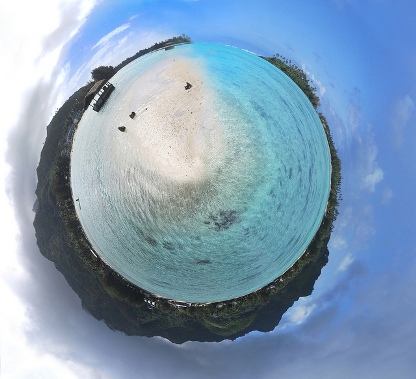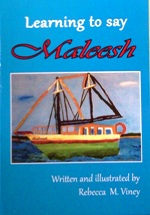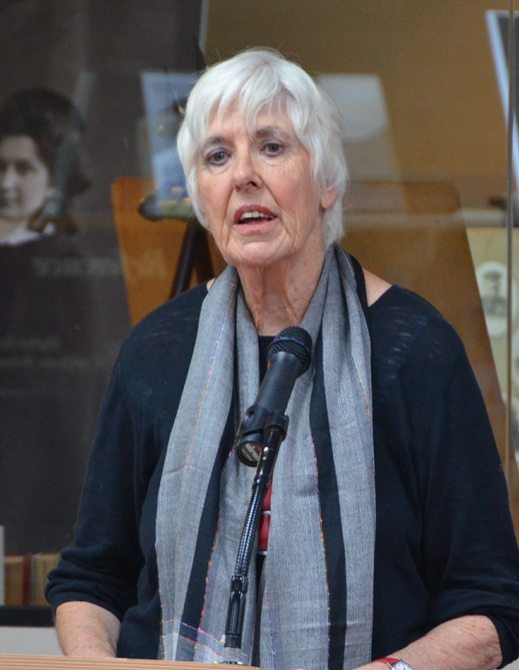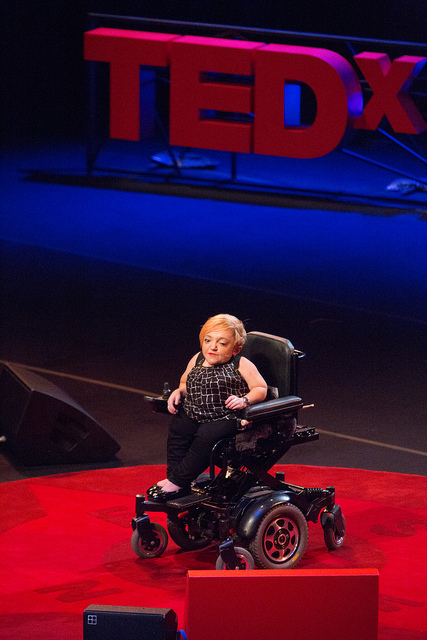To Talk or Not to Talk About: End of Life, A Good Death Part 1
The time leading up to the end of life - after brain injury - or at any time, is a topic one should maybe leave alone. I want to talk about it. I believe we should all talk about it. I know it is thought to be a private subject, yet what happens at the end of our life while very personal, is also universal. We can easily forget end of life can happen at any age, not just old age. And one day it has to happen to all of us. So why not talk about it. I have always believed it needs to be talked about more openly and naturally. My own experience, early in 2014, when my father was dying made this even more important for me. So here, and for the next 2 weeks I am sharing my own thoughts, and resources I have discovered. My hope is to encourage more natural and fear-less discussion about end of life and…








